Cairo is deceptively calm, says Egyptian film-maker Mohamed Diab. ‘People were so scared from the fighting in the streets that now all they want is stability at any price,’ he explains. ‘But if you look closely at the situation, it’s worse than it was with Mubarak in charge when it comes to freedom of speech, freedom of the press and human rights.’
It’s not turned out quite how Diab had hoped. In 2010 he directed Cairo 678, a riveting film that in hindsight seemed like a premonition of what was to come. A New Yorker article in 2011 described it as ‘unmistakably a harbinger of [the] revolution’, and commended Diab for ‘vividly portraying how the old system failed repeatedly to address daily indignities and frustrations suffered by ordinary Egyptians, women in particular’. When Tahrir Square erupted in early 2011, Diab became a leading participant (he rejects the term ‘leader’) in the revolts that unseated Mubarak.
‘I was lucky that Cairo 678 had just been released so I had the opportunity to talk on TV every day,’ he says. He became so associated with promoting the revolution that people began to recognise him more as a political activist than as a film-maker.
They were heady, hopeful days for young people like Diab. Soon after, he started work on a film about the revolution but was compelled to change tack dramatically as the democratic moment turned sour and autocracy returned.
On a sweltering August day in 2013 an Egyptian policeman fired CS gas through the window of a prison truck that had been driving aimlessly around the capital because all the prisons were full. Thirty-seven people suffocated to death. The incident became the key inspiration and spur to his latest movie, Clash. Shot entirely from inside a van (emulating films such as Samuel Maoz’s 2009 film Lebanon,which is set inside a tank, and Wolfgang Petersen’s 1981 U-Boat drama Das Boot), Diab squeezed
his own batch of prisoners into the tin confines of a cramped vehicle and watched them squirm.
The first two people to be thrown in the back of the truck are a reporter and a photographer. ‘They represent us: the filmmakers,’ says 39-year-old Diab, who co-wrote the script for Clash with his younger brother Khaled. ‘The fact that they are neutral makes them a target for both supporters of the army and the Muslim Brotherhood, which is exactly what happened to us when the film was released in Egypt.’
Instead of taking sides in this kaleidoscopic conflict, Diab and his brother were determined to make a film that ‘expresses different points of view than ours without judging’. The finely balanced screenplay was written so that each of the 25 prisoners gets six or seven lines of dialogue.
This even-handed approach was greeted with cries of indignation when Clash came out in Egypt last July. ‘Each side supposed I was working with the enemy,’ Diab says. ‘I was called “a traitor” and “a spy” on state-run TV, and on the other side the Muslim Brotherhood accused the film of being government propaganda.’ Diab had experienced similar opprobrium when Cairo 678 was released in Egypt.
‘In the beginning people accused us of exaggerating and fabricating stuff, but not long after our film’s release some laws were finally passed against sexual harassment,’ he says.
Shot over an intense 26 days, Clash wasn’t easy to film. ‘Any Egyptian will tell you that shooting action scenes in the streets of Cairo is suicidal,’ he told an audience last year. ‘Because, especially in a film like this, where the camera is inside a car, people might mistake what they see with real protest and they might get involved.’
Diab, who lives in Cairo with his film producer wife and daughter, is disarmingly frank about the failure of the revolution to bring about lasting democratic change. ‘What were our demands? Nobody, including us, knew,’ he says. He likens trying to evaluate the Egyptian uprising six years on to what it must have felt like for the French during the Terror that followed the 1789 revolution. ‘They would have said then that the revolution was the biggest disaster in history,’ he says. ‘There’s also a backlash in Egypt at the moment, but eventually things will even out and we’ll be on the right track — though I have to say for now we’re not even on the track.’
One of the most touching scenes in Clash, which is full of black humour, is when a fat member of the Muslim Brotherhood, with dreams of becoming an actor, sings a mocking revolutionary song. During the revolution, the same man was known as ‘the tear-gas singer’ and would often be left alone warbling amid the smoke as everyone else ran for cover. The prisoners’ faces light up with smiles and laughter as they are momentarily united by their enjoyment of this absurd memory.
‘This is why I made this film: 2011 was the opposite of 2013,’ Diab says. Two thousand and eleven was about unity; 2013 about division. ‘We have forgotten how much everyone was in love with each other at that great moment. This is my film’s secret message: reminding Egyptians that we once all had the same dreams.’
But just how ephemeral these dreams were can be measured by reaction to Mubarak’s release from prison last month. ‘It’s hard to believe but he’s the most popular guy in Egypt right now,’ Diab says. ‘A lot of Egyptians who are tired of ideas of democracy are thinking only of Mubarak because they just want to go back to a situation when it was bad, not shitty.’
Concerning Diab’s own place in the scheme of things, he wants only to keep on writing and directing movies. But it seems that not everyone feels the same way. ‘It’s definitely going to be harder to make a film because there was an attempt to stop Clash from being released [in Egypt] and that might scare people from backing my projects,’ he says. ‘But I’ll make a film even if it means directing it in my bedroom.’
Got something to add? Join the discussion and comment below.
Get 10 issues for just $10
Subscribe to The Spectator Australia today for the next 10 magazine issues, plus full online access, for just $10.
You might disagree with half of it, but you’ll enjoy reading all of it. Try your first month for free, then just $2 a week for the remainder of your first year.

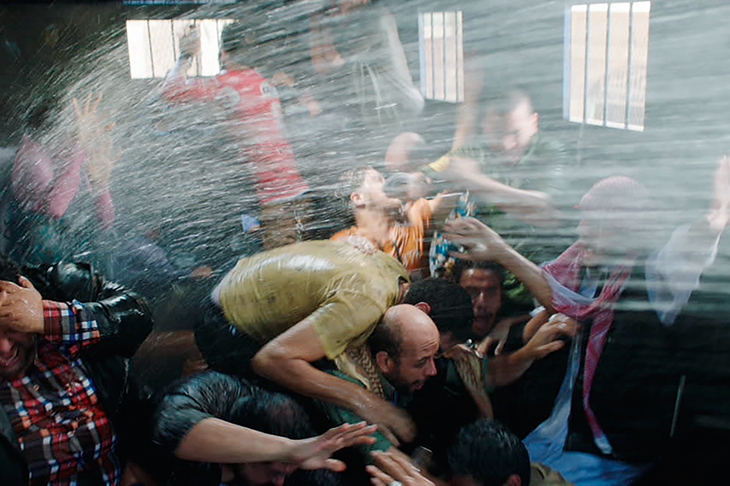
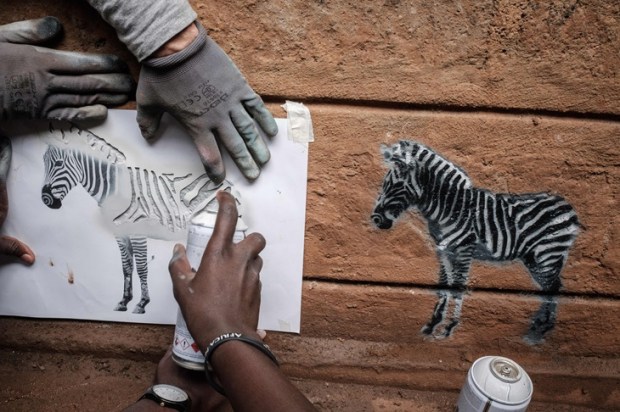

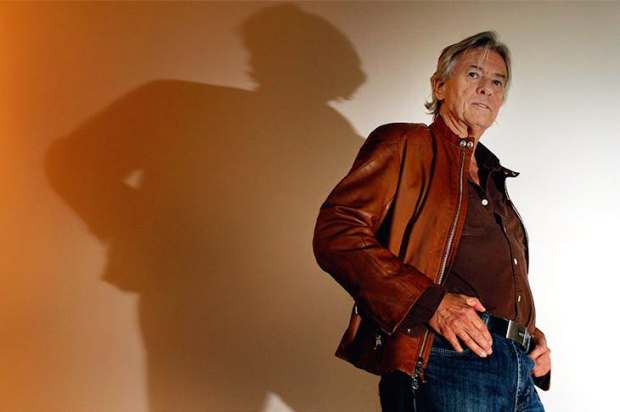
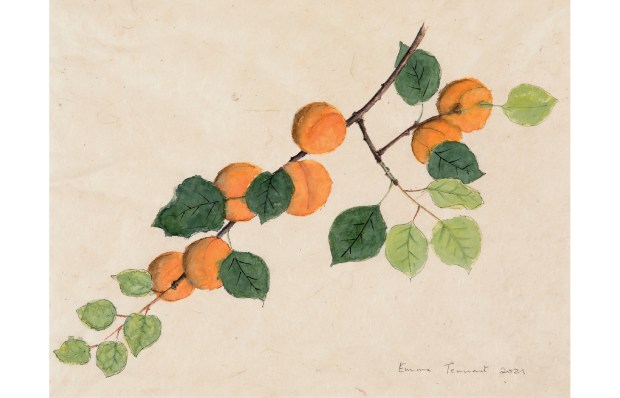
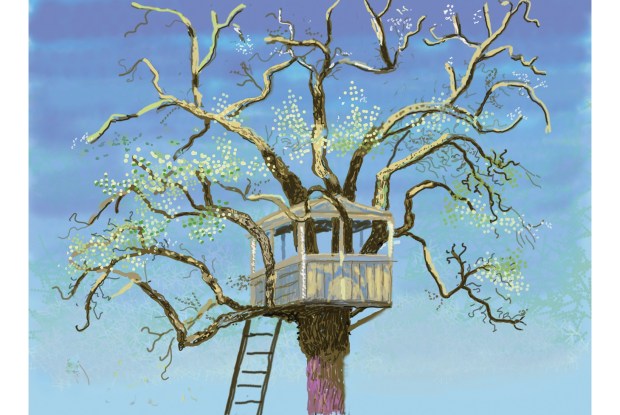
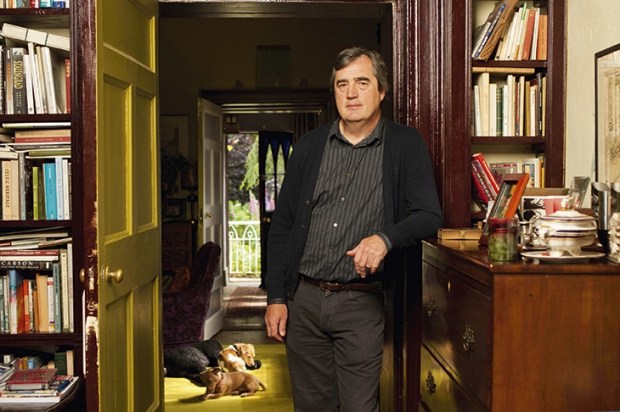






Comments
Don't miss out
Join the conversation with other Spectator Australia readers. Subscribe to leave a comment.
SUBSCRIBEAlready a subscriber? Log in